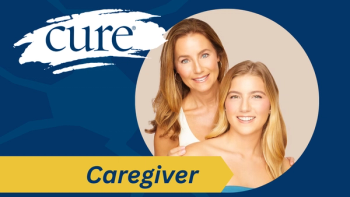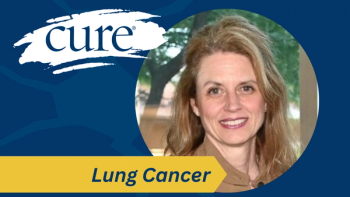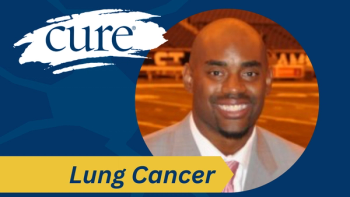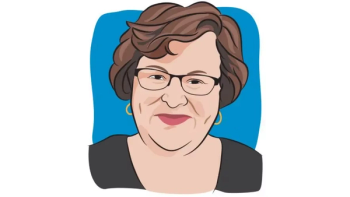
Making sense of epidemiological studies: Living with knowledge or fear?
I always scan the news headlines before going to work because I don't want to be blindsided by questions from alarmed readers about the latest "association" study published and picked up by the wire and online news services. We are often subject to premature analyses that end up not being verifiable when subject to larger confirmatory studies. In the case of a recent report showing that omega-3 fatty acid levels are associated with a higher prostate cancer risk, this study did actually confirm early findings of a similar nature. However, I was puzzled by the comments made in the press by the author from Fred Hutchinson Cancer Research Center that men may want to reconsider taking such supplements, or even cut down on omega-3 fatty acid-rich cold water fish consumption.There is absolutely no evidence of a cause and effect relationship – in fact, very large studies of omega-3 fatty acid intake have not shown effects on cancer risk. Even if there was, we don't know if it is due to enhanced detection due to, for example, effects on PSA levels and this might not have any impact on the risk of prostate cancer spread or death from cancer. While these studies do set the foundation for more research, the trumpeting of these results to the public without the limitations does create panic and anxiety. How many sleepless nights were experienced on the day of this release by men who believed they were doing the right thing by taking supplements or eating a serving fish two to three times a week? The scientific and press communities needs to improve their "data quality and interpretation control" systems. This way the public will be able to put the information in perspective, but also will learn how to be a better critic of unfiltered information going forward. If we do not change things, we run the risk of a fearful public, or even worse, a desensitized and jaded audience who will ignore the next finding that may actually necessitate changes in our lifestyles or new medical recommendations.




